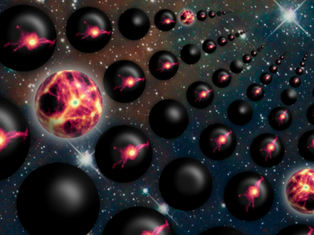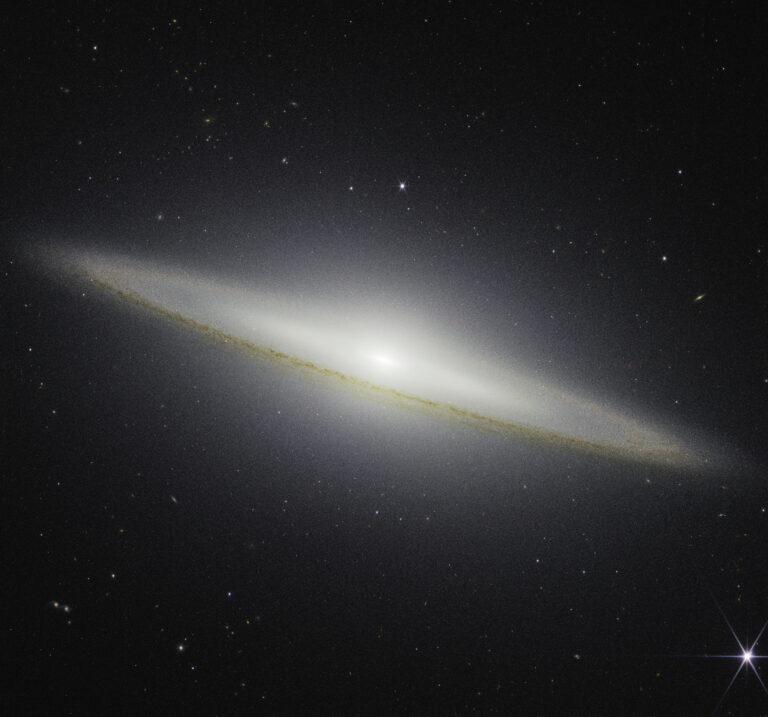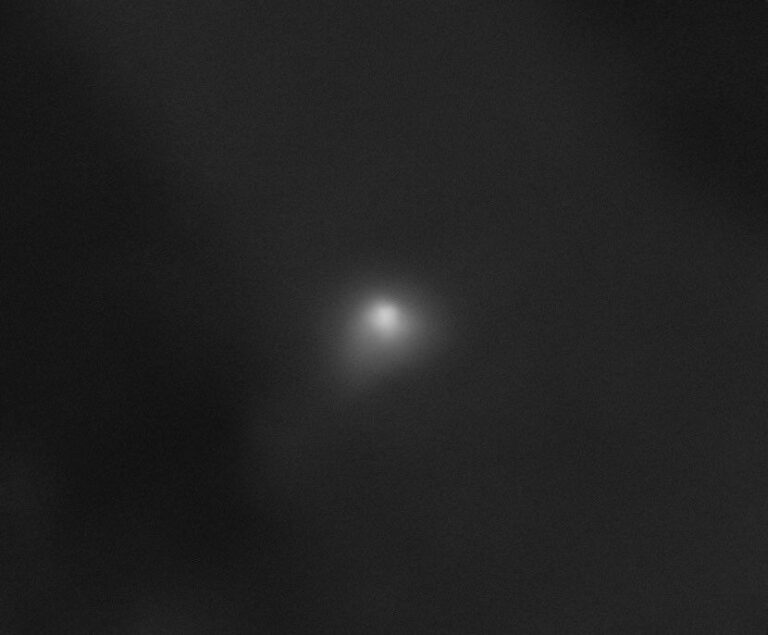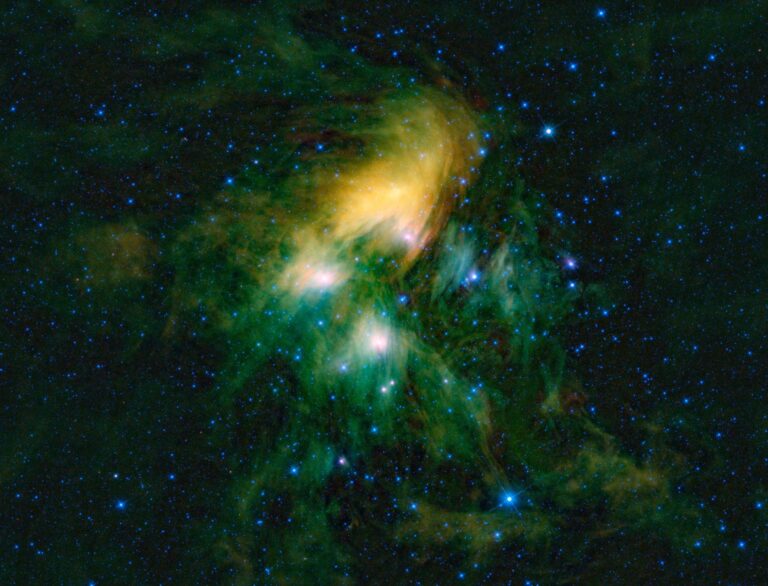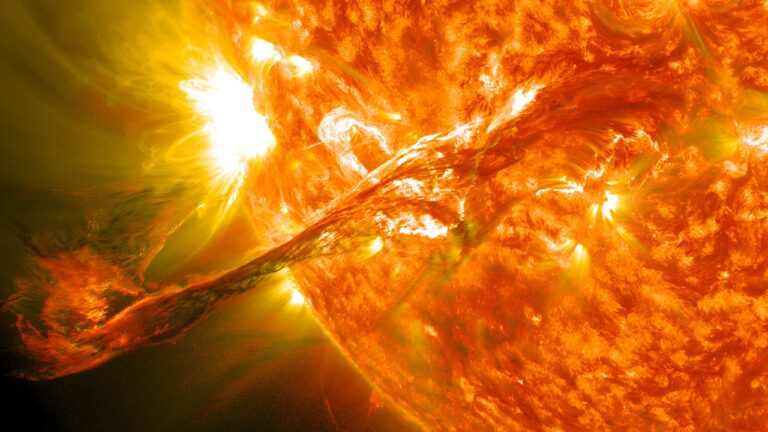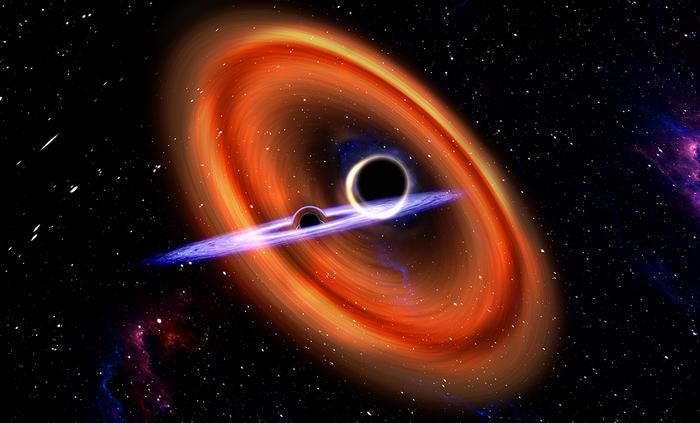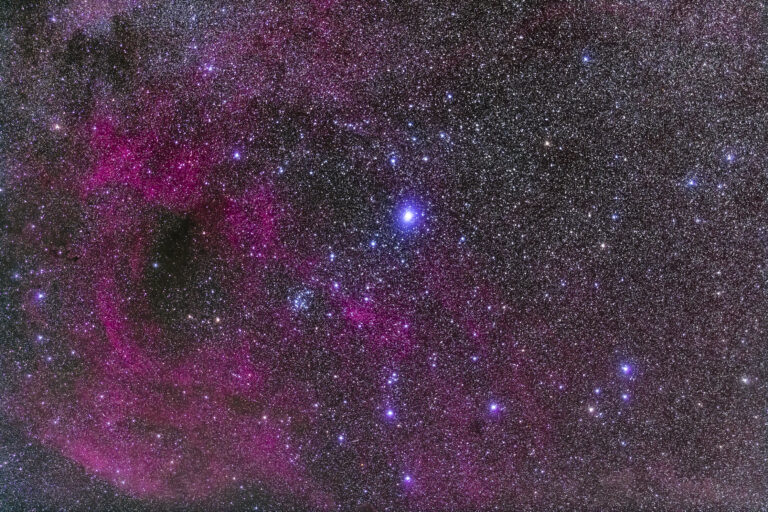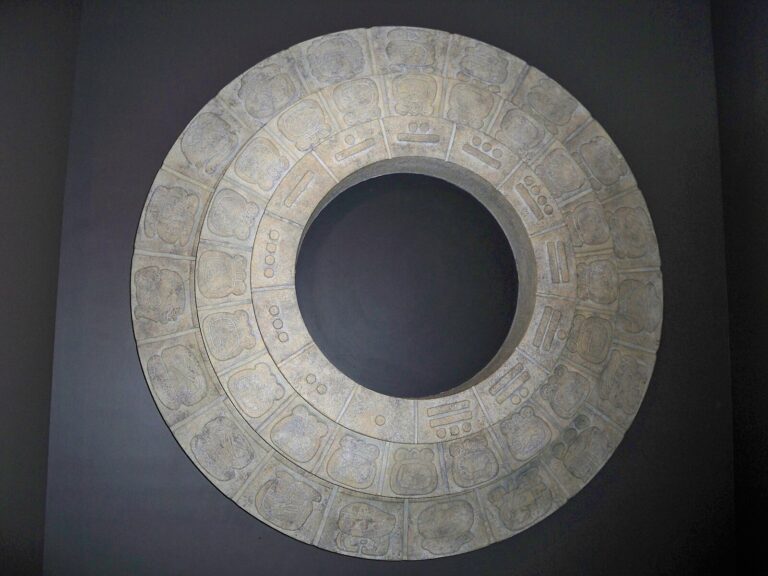Key Takeaways:
However, an international team of researchers recently conducted simulations under the Evolution and Assembly of GaLaxies and their Environments (EAGLE) project that contradict this theory. The team found that even multiplying the amount of dark energy in our universe by a few hundred would only minimally impact its ability to form planets and stars. The discovery suggests that if a multiverse does exist, there’s a good chance that life could exist in many other universes within it, rather than relatively few (such as our own).
“The multiverse was previously thought to explain the observed value of dark energy as a lottery — we have a lucky ticket and live in the universe that forms beautiful galaxies which permit life as we know it,” said Luke Barnes, who participated in the study from Western Sydney University, in a press release. “Our work shows that our ticket seems a little too lucky, so to speak. It’s more special than it needs to be for life. This is a problem for the multiverse; a puzzle remains.”
Part of that puzzle, researchers say, is that if we do live in a multiverse, we should observe as much as 50 times more dark energy than we do. “We have found in our simulations that universes with much more dark energy than ours can happily form stars. So why such a paltry amount of dark energy in our universe?” said Richard Bower of Durham University’s Institute for Computational Cosmology. “I think we should be looking for a new law of physics to explain this strange property of our universe, and the multiverse theory does little to rescue physicists’ discomfort,” Bower added.

